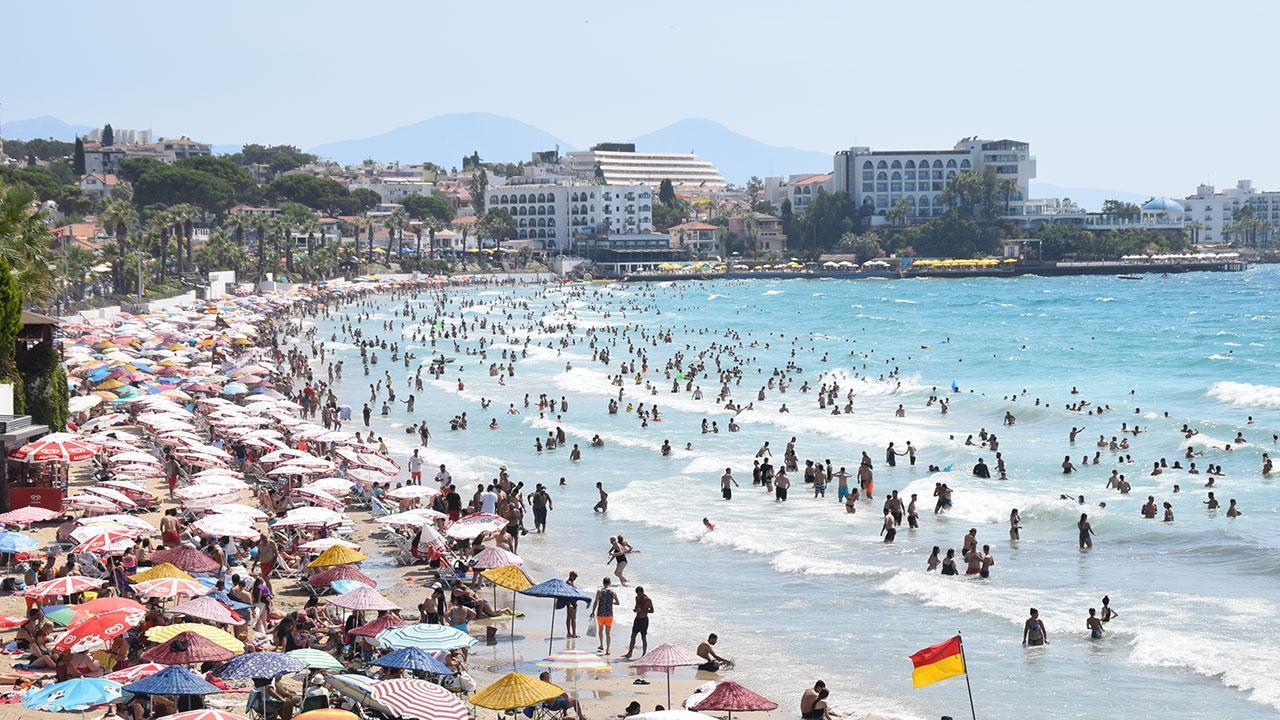
With temperatures soaring above seasonal norms due to the El Nino phenomenon and global warming, the tourism season in the southern province of Antalya has extended to mid-November this year, as the city witnesses an influx of bookings hailing from Western European countries.
According to data for the first week of September, which witnessed the influx of over 11 million tourists, sector representatives are now striving to surpass the 12 million milestone by the month's end.
Noting that the season will extend until Nov. 15, depending on climate conditions, the sector representative also pointed out that the city will be supported with a series of multifaceted events, such as meetings, sports, and health activities, starting after this date.
Despite some challenges in tourism in Antalya this year - including the halt of the Ukrainian market due to the Russia-Ukraine conflict, price increases due to inflation, presidential and parliamentary elections in May, and short-term renting issues - the number of tourist arrivals is surpassing that of the record year of 2019. The city, which hosted over 15.5 million tourists in 2019, aims to break the 2019 record, especially with the increase in reservations since July.
İsmail Çağlar, the general manager of a five-star hotel, pointed out that they did not receive the expected reservations, especially in May and June.
On the other hand, hotels have not faced problems with occupancy in August and September, Çağlar said, adding that despite lower expectations for tourist numbers in October, booking figures are quite promising.
Touching upon a shift in the origin of the tourists, Çağlar said: "Countries where fewer tourists are coming have been replaced by different regions. For instance, Poland and the U.K. market have taken Ukraine's place, and our shortcomings there have been addressed."
Stressing the considerable rise in the number of guests from Middle Eastern countries, Çağlar said that as the expected guests from Russia didn't arrive, this gap was filled by the Middle Eastern tourists.
“The holiday habits and behavior of guests from the Middle East are also different. They mostly spend their time in hotels and are good shoppers. We hear this from our local friends in the region, from taxi drivers to restaurant owners."
Çağlar said that currently, their facilities have an occupancy rate of 70 percent, with some hotels reaching up to 90 percent, adding that with the start of the academic year, the city is now hosting elderly guests.